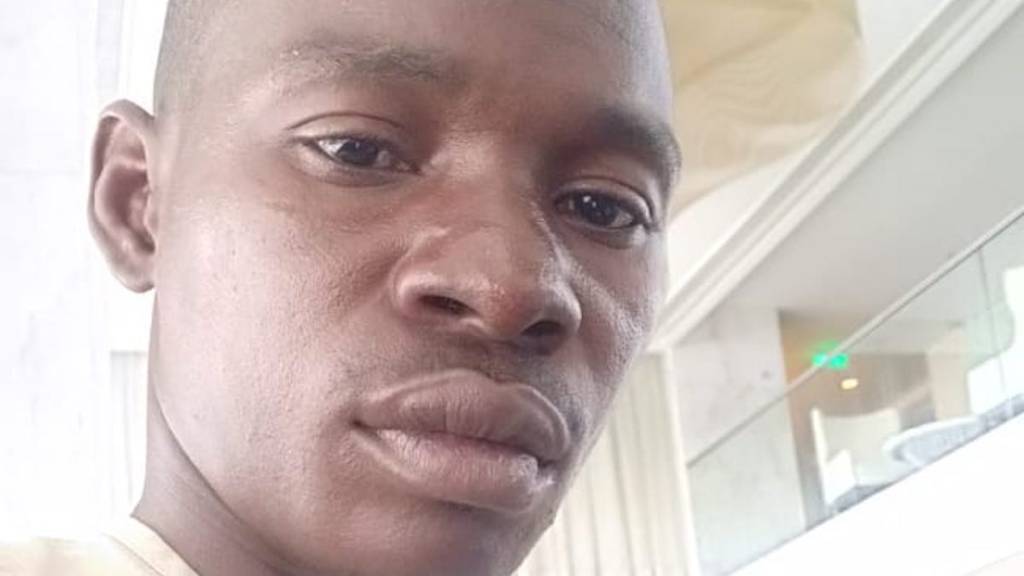On June 5, 2023, Mozambique authorities called Leonardo Gimo, a reporter for the privately owned broadcaster TV Sucesso, and asked him to appear before investigators on June 8, according to a statement by the Mozambican chapter of the regional press freedom group Media Institute of Southern Africa (MISA) and the journalist, who spoke to CPJ via messaging app. Gimo told CPJ that he was not given a reason for the hearing.
When he appeared at the National Criminal Investigation Service (SERNIC) office in Mozambique’s northern province of Nampula on June 8, Gimo learned that he was being investigated for criminal defamation following a complaint by Cesariato Rumeia, the police district commandant in Angoche, eastern Nampula, over a September 13, 2022, report about alleged police corruption.
Gimo was told the investigation was underway and that he should wait to be called by the local prosecutor for further enquires, he told CPJ. He had not received any update in his case as of June 27.
If convicted of criminal defamation, Gimo faces up to one year in prison or a fine, at the discretion of a judge, according to Article 233 of Mozambique’s penal code and Aunício da Silva, chairperson of MISA–Mozambique in Nampula, who spoke to CPJ by messaging app.
Silva told CPJ that “the police should be concerned about investigating corruption within its ranks instead of targeting journalists who exposed it.” Such harassment has a chilling effect on the media, he said.
TV Sucesso aired the September 13, 2022, report on the same day that Angoche police briefly detained Gimo on suspicion of terrorism, the journalist told CPJ. Nampula province was placed on high alert in September 2022 because of terrorist activity that had spread from neighboring Cabo Delgado, according to news reports.
“I was discussing a separate report over the phone with my newsroom and was overheard by a clerk, who alerted the police about a ‘suspicious person with a bag that might contain explosives,’” Gimo said.
Gimo said police arrived and detained him at gunpoint, then took him to the district police station in Angoche, where he was questioned for more than an hour. He was released with an apology after the police searched his bag, which contained his camera and laptop, and confirmed his identity.
Gimo added that his colleague, camera operator Edmilson Luis, was also briefly detained during the terror alert that September. Gimo told CPJ that Luis is not under investigation. CPJ was unable to reach Luis for comment.
Gimo said other people were detained that day under similar circumstances, so he asked local residents if detentions for suspected terrorism were frequent. He was told about numerous cases where people were detained and then released after paying a bribe to the police, Gimo told CPJ.
“I reported that the alert on terrorism was being used for arbitrary detentions and extortion,” he said.
Gimo said he was surprised by Rumeia’s complaint because he did not name the commandant or any officer in the report, which referred to local police generally.
Rumeia told CPJ via messaging app that he felt Gimo “made the report out of spite in response to his detention.”
However, he said, “the intention was not to condemn or put the journalist in prison, but to get to the truth and, if the report is confirmed after the investigation by the prosecutor, get to the officer shaming the police corporation.”
Rumeia said that there was no investigation into the alleged extortion Gimo reported on, but that one would be initiated if the investigation into Gimo’s report discovered any evidence.
Nampula SERNIC Inspector Emina Tsimine told CPJ via messaging app that the investigation into Rumeia’s complaint against Gimo was underway and would follow the service’s standard procedures.
